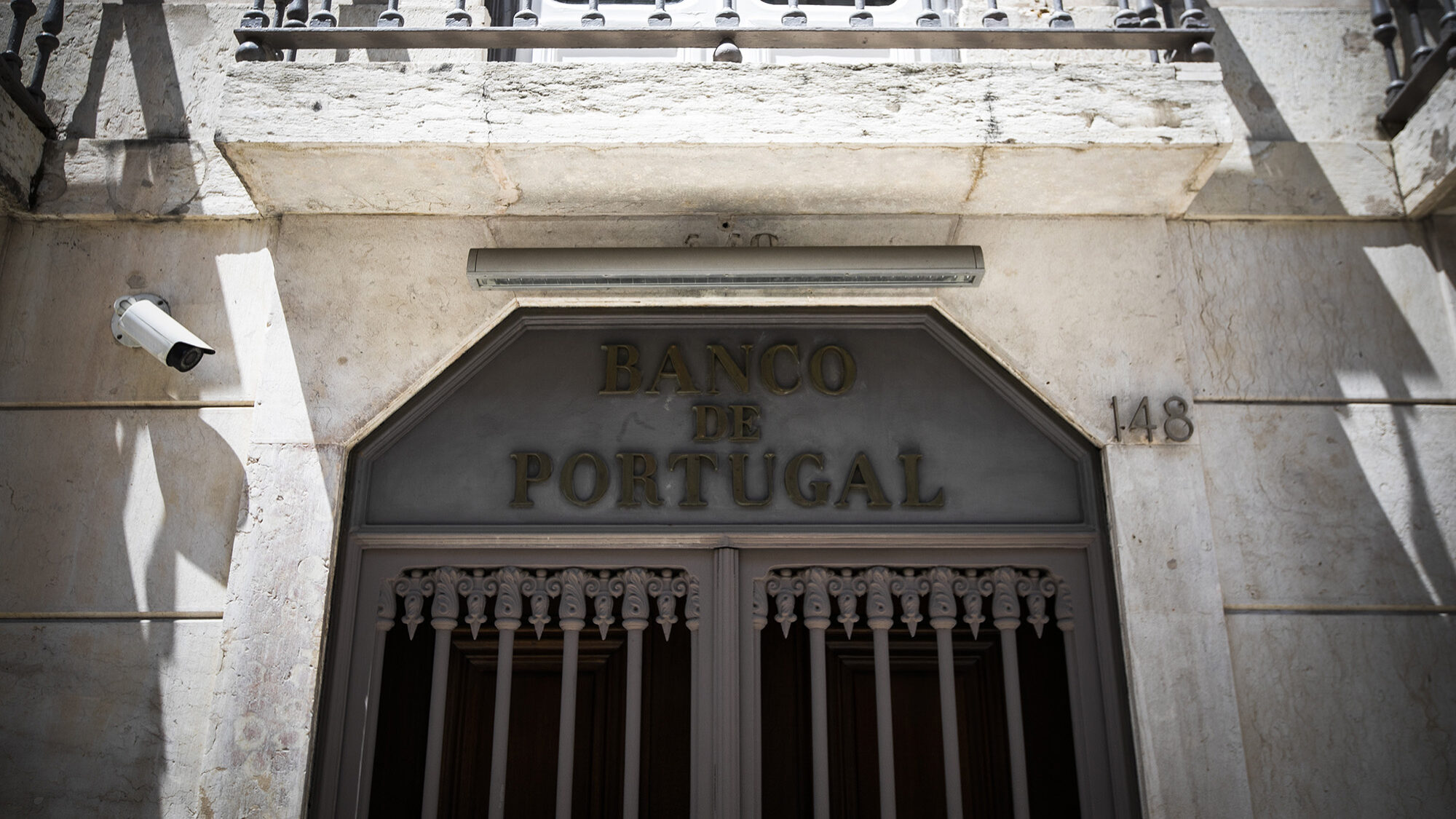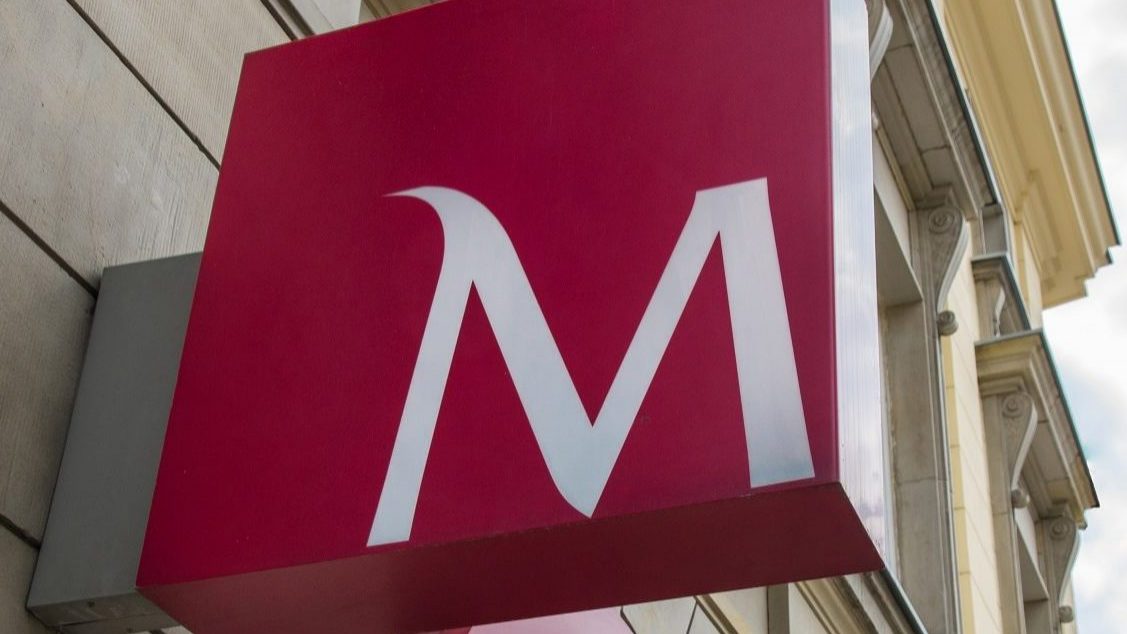Bank of Portugal says inflation will impact the entire economy
An analysis by the central bank admits that the acceleration of the inflation rate is no longer restricted to the more volatile price components, but has already infected the more stable components.
The inflation rate has been accelerating in Portugal for months. This Thursday, in a more fine-grained analysis of data on price developments in the Portuguese economy, the Bank of Portugal admits that the sharp rise in prices has already infected the less volatile components, such as the prices of essential goods, rather than being restricted only to the more volatile components, such as energy prices that have been affected by the Russian invasion in Ukraine.
“A complementary analysis – which breaks down total observed inflation into price changes of elementary items classified by the degree of historical volatility of their respective prices – points to upward pressures being transmitted to the prices of the typically more stable components,” the May economic bulletin released on Thursday reads. The report reviews economic developments in 2021, but also provides information on the most recent changes in the inflation rate.
Among the more stable components whose prices accelerated earlier this year are “some education and health services, rents and restaurants and cafes,” economists from the central bank explain.
The Bank of Portugal adds that “a comparison with the euro area of the measures presented points to an upward trend in inflation similar to that observed in Portugal,” stressing the “importance of continuing to monitor these measures, along with other relevant indicators of inflationary pressure, particularly salaries and inflation expectations.
The central bank economists divide the components that contribute to the inflation rate into four quartiles, from 1 (least volatile) to 4 (most volatile).
“The year-on-year price change in the 2016-2020 period remained close to the average of 1.5% for the first quartile of volatility and at 1.1% for the second quartile, but increased to 2.9% and 5.2%, respectively, in March 2022,” the central bank describes.
Looking at core inflation, which excludes the most volatile components, “the measures referred to – with an evolution, smoother than that of the total HICP – point to an increase in the inflation trend in the second half of 2021 and the first months of 2022”, confirms the Banco de Portugal, noting that “in March 2022, the indicators presented were between 3.0% and 4.3%, which compares with values between -0.1% and 0.9% in December 2020”. “The average of these indicators has been increasing since September 2021, settling at 3.6% in March,” it concludes.


